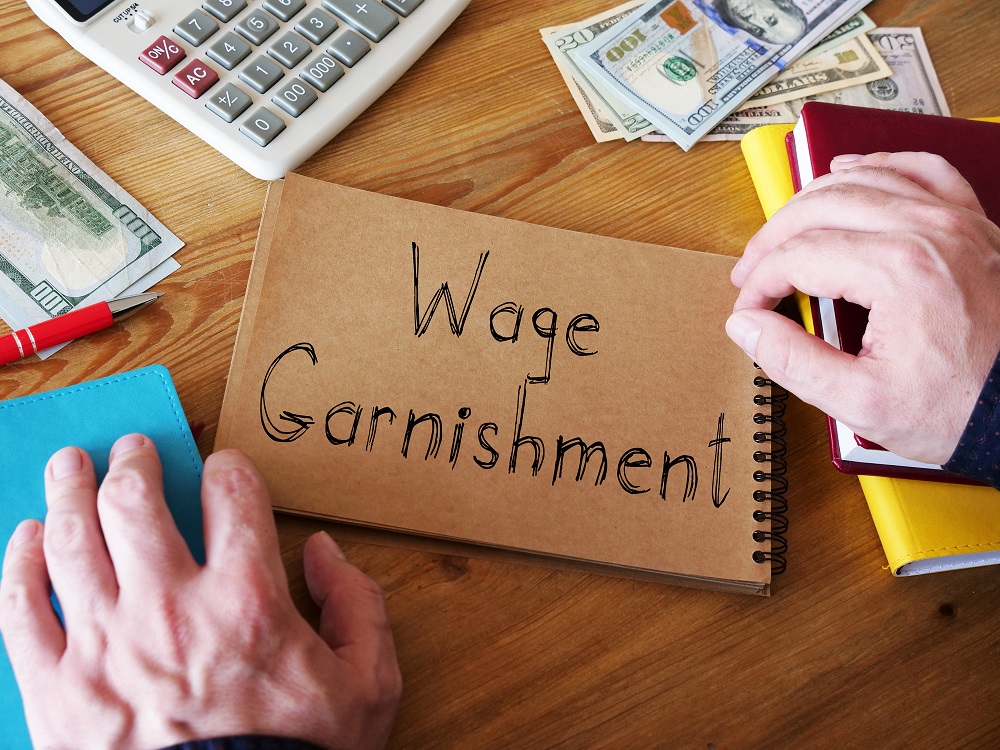
California is a Community Property State
The relevant information to focus on here is that California is a community property state, which means that legally married couples jointly own everything – including debt. As a result, it is possible for a creditor to garnish a spouse’s bank account if their spouse owes a debt. It is difficult enough to have any bank account garnished, but when it is for your spouse’s debt, it can be even more difficult to accept.
How Bank Garnishments Work in California
It is not true that just any company can garnish your bank account. Before they can take action, the creditor will need to obtain a court judgment that affirms the debt is owed by you to them. When the judgment is received, the creditor can then petition the court for a writ of execution, which can be delivered to you and/or your spouse’s bank by the county sheriff.
More About the Writ of Execution
The judgment creditor is able to access deposit accounts, joint accounts, your spouse’s personal bank account, and any bank accounts that you and/or your spouse have under a fictitious business name. Note that the Writ of Execution only applies to funds that are in the account at the time the sheriff serves it.
What Happens When the Writ of Execution is Received?
When you or your spouse’s bank gets the Writ, they are required to freeze all accounts. From that moment on, any frozen funds cannot be accessed. You cannot get money out of an ATM, you cannot write a check without it bouncing, and you cannot take money out of the bank itself. The sheriff is required to notify you of the freeze so it will not come out of nowhere. Once the levy has happened, you have ten days to submit a challenge.
Bankruptcy Will End the Freeze
If your funds are frozen and you file for bankruptcy, then they will be unfrozen. This is because once you have filed, all creditors are required to stop all attempts at collection until the bankruptcy is completed. If you have questions about how to file for bankruptcy or what other advantages it brings to you, contact The Law Offices of Paul Y. Lee at 951-755-1000 for a free legal consultation.

